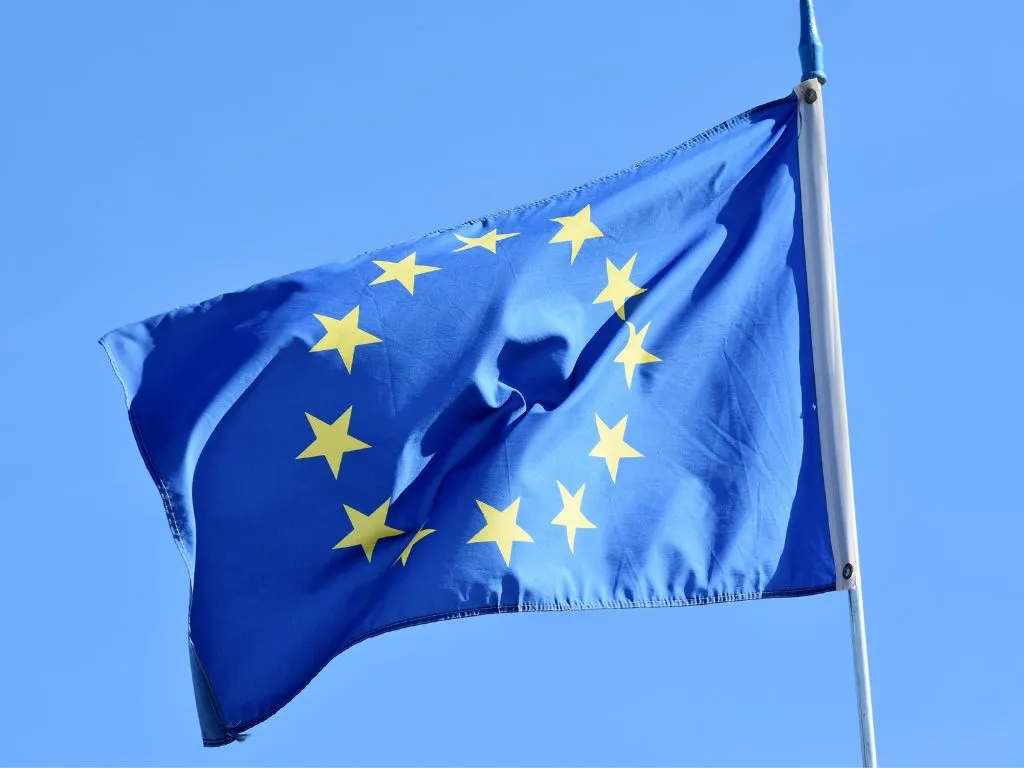

Reference source : European Commission
An EU initiative will ban the use of Bisphenol A (BPA) in food contact materials in 2024. The EU is set to ban BPA in food contact materials such as packaging and kitchenware. The decision follows a scientific assessment by the European Food Safety Authority (EFSA), which identified potential harmful effects of BPA on the immune system.
The ban, which was endorsed by Member States after public consultation and discussions, will phase out BPA in items such as coatings of metal cans and reusable plastic bottles. There will be limited exemptions for cases with no safe alternatives, allowing the industry time to adjust and minimizing disruptions.
European Food Safety Authority on BPA
Bisphenol A (BPA) is a chemical commonly used in plastics and resins, such as polycarbonate plastics for water dispensers and epoxy resins for can linings. BPA can migrate into food and drink, prompting regular safety reviews by EFSA.
EFSA’s recent re-evaluation, which considered over 800 new studies since 2013, found potential health risks from BPA, including effects on the immune system, reproductive health and metabolism. The new assessment significantly lowered the tolerable daily intake (TDI) for BPA from 4 micrograms to 0.2 nanograms per kilogram of body weight, a reduction of about 20,000 times.
The findings suggest that average and high exposures to BPA exceed the new TDI, indicating potential health concerns. EFSA's advice, based on extensive consultation and collaboration with other scientific bodies, will guide EU lawmakers in setting regulatory measures to protect consumer health,.
Commission Adoption
On 12 June 2024, EU Member States agreed on the European Commission’s proposal to ban BPA, based on EFSA’s scientific assessment. The proposal will be formally adopted by the European Parliament and the Council following a scrutiny period and will enter into force at the end of 2024.
If you want to access the GHS report, please Register here in GPC Intelligence Portal click here
